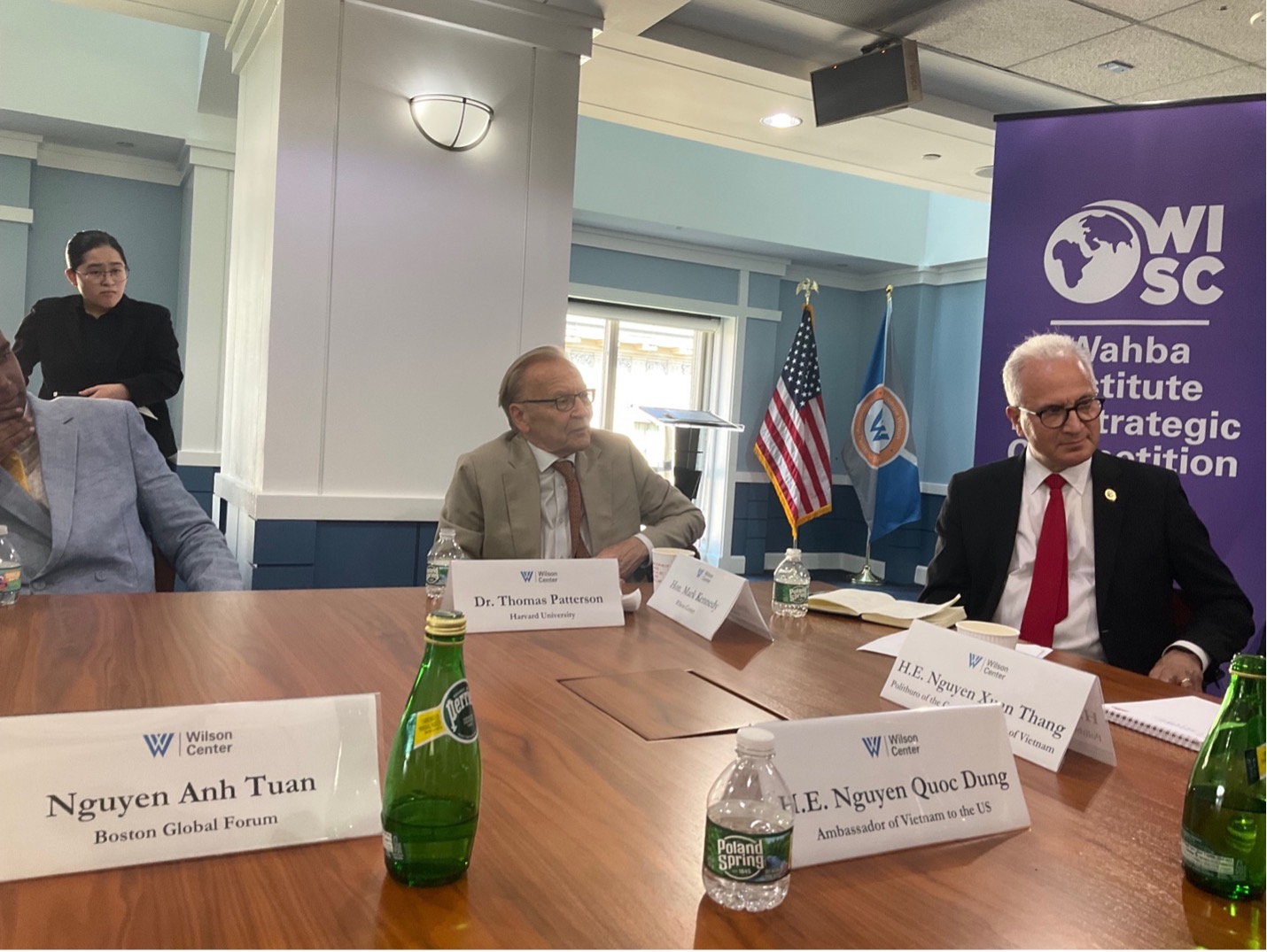As part of its AI World Society (AIWS) initiative, the Boston Global Forum (BGF) is convening a significant discussion among distinguished leaders, policymakers, eminent thinkers, and business leaders. The goal is to explore strategies and solutions for leveraging artificial intelligence (AI) to strengthen democracy, gain an advantage over totalitarian systems in the AI landscape, and foster a new era of democracy characterized by opportunities, stability, growth, and cooperation among nations. The focus is on gaining a strategic advantage over dictatorial and totalitarian regimes that misuse AI technologies and engage in unfair competition in the AI economy.
BGF is glad to introduce the writing of the Honorable Mark Kennedy, Director of the Wahba Institute for Strategic Competition at the Wilson Center and a member of the BGF Board of Thinkers, on this topic:
“Advancing Both National Security and Economic Diplomacy in the Developing World”
The strategic competition between the US and the People’s Republic of China (PRC) is multifaceted. Actions taken to achieve a policy goal in one arena can have disadvantages relative to other strategic priorities.
This is the dilemma the US faces as it increases tariffs and restricts trade and outward investment to bolster economic and national security. The US must concurrently strengthen its engagement with emerging markets and developing economies (EMDEs) to counterbalance the PRC’s influence. Recent United Nations votes on Russia’s invasion of Ukraine highlight that the US cannot take EMDEs for granted. Strategic competition demands that the US seeks to advance economic diplomacy in the developing world amid necessary restrictions to preserve security.
Please see the full article at this link:
Advancing Both National Security and Economic Diplomacy in the Developing World
